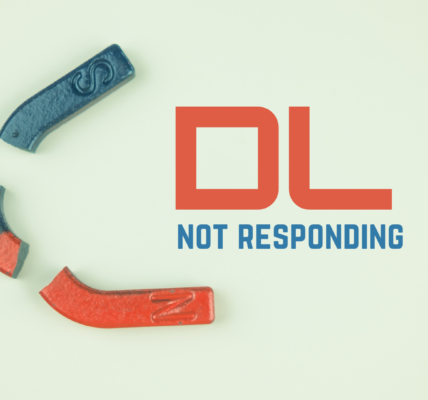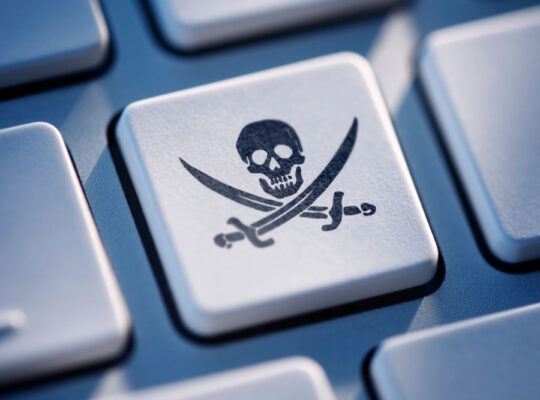The recent ruling in the copyright lawsuit filed by DISH Network and Sling against unlicensed sports streaming sites, including SportsBay.org, marks a significant victory for the plaintiffs in their ongoing battle against online piracy. The court’s decision to hold two alleged operators of the sites liable for almost 2.5 million violations of the DMCA’s anti-circumvention provisions highlights the severity of their actions and the extent of the infringement.
Additionally, the court’s award of almost half a billion dollars in damages underscores the serious financial repercussions that individuals involved in online piracy may face. This substantial penalty serves as a strong deterrent to others who may be tempted to engage in similar activities in the future.

The outcome of this case sends a clear message that the legal system takes copyright infringement seriously and is willing to enforce the law to protect the rights of content creators and rights holders. It also reaffirms the importance of upholding intellectual property rights in the digital age and holding accountable those who seek to profit from unauthorized distribution of copyrighted material.
Overall, this ruling represents a significant milestone in the ongoing efforts to combat online piracy and demonstrates the effectiveness of legal action in deterring such activities.
It’s interesting to see how DISH Network and Sling TV pursued legal action against the operators of these websites and successfully identified the individuals responsible for their operation. The use of subpoenas on third-party service providers to gather information and the subsequent request to the Argentine Central Authority for serving the defendants under the Hague Convention demonstrates a strategic approach to obtaining jurisdiction over the accused individuals.
The detailed information provided about the functions of the four websites in the complaint likely served to strengthen DISH’s case for default judgment. This includes the alleged circumvention of security measures and the trafficking of circumvention technology and services, which are violations of the DMCA’s anti-circumvention provisions.
Overall, this case highlights the proactive measures taken by content providers to combat online piracy and enforce copyright laws, even when dealing with unknown defendants operating from different jurisdictions. It also underscores the importance of international cooperation in addressing cross-border issues related to online copyright infringement.
When Defendants and users selected or clicked on a channel on Sportsbay.org or Sportsbay.tv, the websites connected to Defendants’ Freefeds.com website by embedding in an iframe content originating from a Freefeds.com Uniform Resource Locator. The Freefeds.com iframe then accessed the encrypted Sling programing originating from Sling’s computer server and delivered it to the embedded iframe on the Sportsbay.org and Sportsbay.tv websites.
The Freefeds.com iframe then connected to Defendants’ Live-nba.stream server in order to obtain the DRM keys necessary to decrypt the Sling programming so that it was displayed to Defendants and users on the Sportsbay.org and Sportsbay.tv websites
The damages awarded to DISH Network and Sling TV in this case are indeed substantial, reflecting the severity of the violations and the scale of the infringement. By framing each visit to the Live-nba.stream website as a separate violation under the DMCA’s anti-circumvention provisions, DISH was able to demonstrate the extensive nature of the defendants’ actions and the resulting harm to their business.
The nearly half-billion-dollar award serves as a significant deterrent against future violations and sends a strong message about the consequences of engaging in online piracy. Additionally, the permanent injunction against the defendants prohibits them from further circumventing any technological protection measures controlling access to Sling or DISH programming, ensuring ongoing protection of the plaintiffs’ intellectual property rights.
Overall, this outcome underscores the importance of upholding copyright laws and protecting the rights of content creators and distributors in the digital age. It also highlights the effectiveness of legal action in holding accountable those who seek to profit from unauthorized distribution of copyrighted material.







